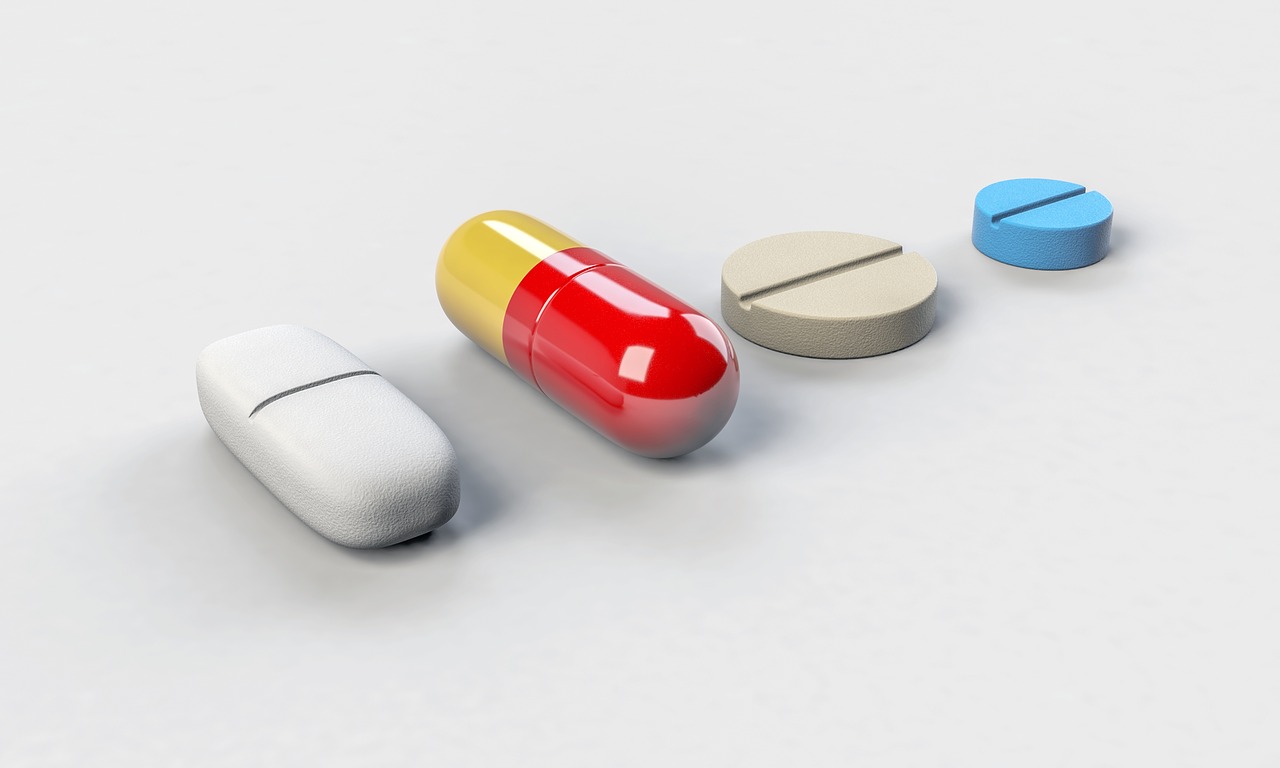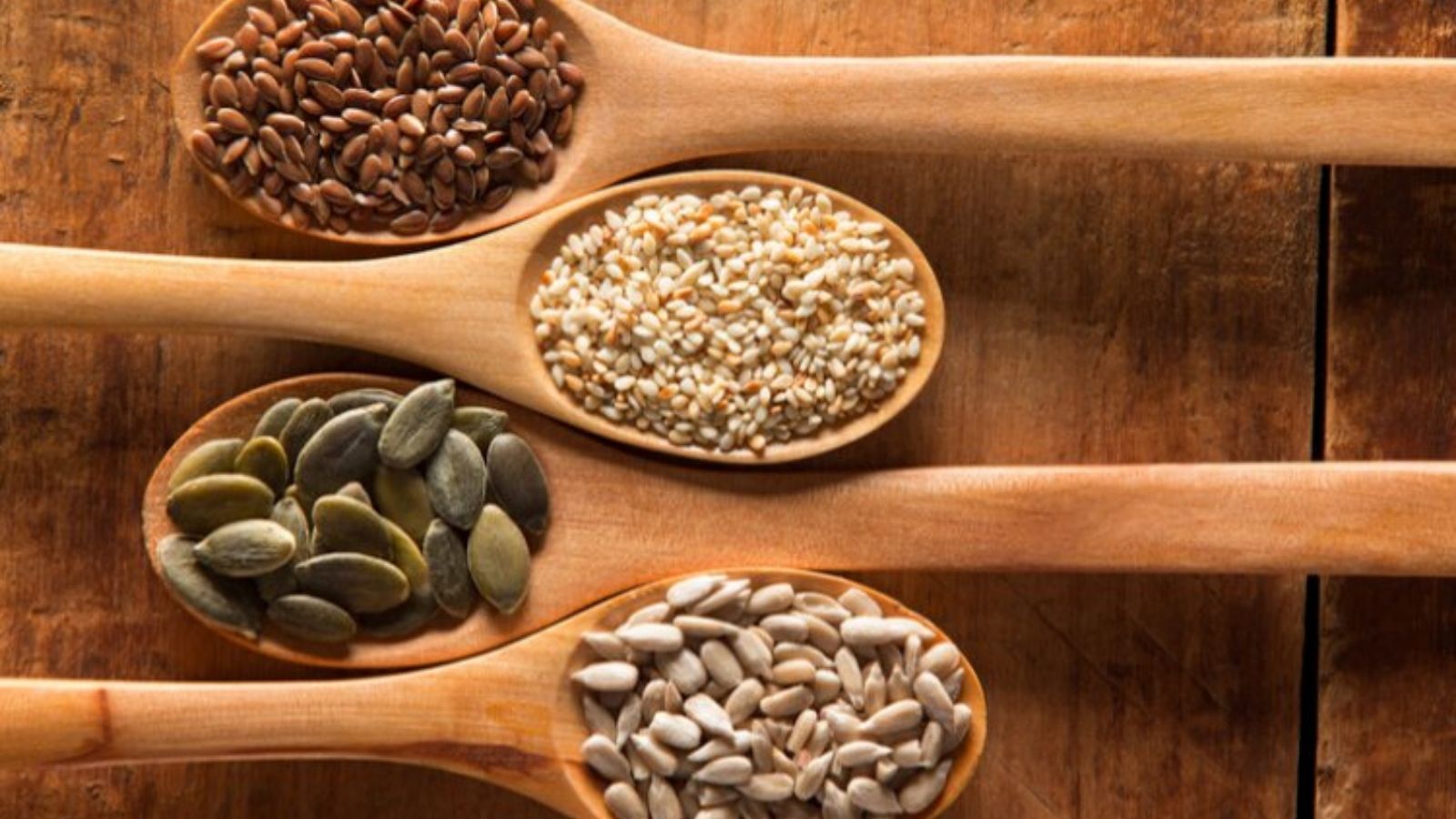Migraines are common, and here’s your possible fix
Migraine is a neurological condition that can cause multiple symptoms. Although, it is most commonly described as an intense, painful & debilitating headache. It can be preceded or accompanied by sensory warning signs such as flashes of light, blind spots, tingling in the arms & legs, nausea, vomiting & heightened sensitivity to light & sound. The excruciating pain could last from anywhere between 4 hours to even days.
There’s also something called migraine with aura. These are one sided also preceded by sensory disturbances. Migraine with aura is associated with confusing thoughts, Zig-Zag lines flashing before the eyes, difficulty speaking, pins & needles in extremities.
The premonitory stage or pre-headache stage is the first stage or warning phase of an upcoming migraine episode.
The symptoms generally include feeling thirsty, tiredness, sleeplessness, light-headedness, fatigue, irritation & anxiety, difficulty in concentration etc which can last up to approximately 24 hours before turning into a full-fledged migraine.
Now what causes one to get migraine?
There are many factors that can cause migraine such as:
- Over-sleeping, stress, alcoholic beverages, exposure to strong stimuli such as bright lights, loud noises, long periods of screen exposure or strong smells.
- Foods which are acidic in nature or cause acidity such as red wines, aged cheese, preservatives used in smoked meats such as nitrates, monosodium glutamate, artificial sweeteners, chocolates, dairy products etc trigger headache. Migraine gets triggered when the body is acidic.
- Normal hormonal fluctuations which occur with regular menstrual changes can cause headaches in some women. This can be seen either close to periods or mid-cycle during ovulation.
- People with poor gut health & constipation tend to get migraine headaches more. Our gut plays a very important role in regulating hormonal balance, detoxification etc. If you have gut issues you are more prone to get headaches.
- Lack of hydration too causes gut issues. It is very important to have a good amount of water to hydrate the body well. Dehydration can lead to acidity & improper bowel movements. It makes it difficult for the body to flush out waste products.
- Drinking less water can cause constipation. When you are constipated there is toxic overload in the system & thereby there can be increased acidity.
- Some types of oral contraceptives (birth control pills) can trigger migraine too. Migraine with an aura, can be triggered by high levels of estrogen or birth control with high potency of estrogen.
- Similarly, when one is constipated the body holds on to a lot of estrogen for longer periods along-with the toxic wastes causing an overload.
- Migraine shares different traits with constipation. Serotonin is a chemical in the brain. When the intestine is filled with serotonin during constipation, it triggers migraine.
- Longer meal gaps or skipping meals, having spicy foods all trigger migraine.
- High stress & poor emotional health too can cause headache
- The migraine headaches as we know is a neurological condition. When the nerve function is compromised, neurotransmission gets impaired.
- Magnesium plays a very important role in neurotransmission. It is a very important mineral for migraine with aura & a natural remedy for migraine. Magnesium deficiency could be the reason for migraine in some people.
Including magnesium rich foods such as spinach & other green leafy vegetables, pumpkin seeds, raw cacao nibs, almonds, almond milk or almond butter must be added to the regular meals daily.
Supplementation might be required in some cases. One can take 500mg of magnesium citrate per day. However, this is not a replacement for any kind of medication & make sure you don’t self-prescribe the supplements.
Note- Please consult your nutritionist, doctor and other healthcare professionals regarding supplement recommendations as per your individual requirements and health conditions.
Vitamin D assists with absorption of magnesium. You might want to check for deficiency of Vitamin D if you get headaches. Vitamin D needs to be supplemented along with Magnesium for optimal results.
In some cases, high amount of magnesium can cause an increase in headaches. An over-dose can cause side-effects such as abdominal cramping, diarrhoea, loss of appetite, muscle weakness, lowering of blood pressure & irregular heartbeat.
Keeping a check on Vitamin B12 levels is also crucial. Vitamin B12 helps to regulate neurological functions & a deficiency in this vitamin can lead to migraine headaches.
Working on the gut health which help to maintain the B12 levels, as the intrinsic factor required to bind the B12 is found in the last part of the small intestine (ileum).
Sources of B12 include fermented food like idli/dosa batter, pickled vegetables, curd or even non-veg such as organic eggs, organic chicken & meat.
How to manage migraine & prevent it?
The treatment depends on the identified triggers.
Not every person who gets migraine will experience a headache when exposed to the same triggers.
- Maintaining a diary to note down when you get a headache can be helpful. This can be beneficial to identify those individual factors which lead to migraine. Whether it is a particular food or lack of sleep or if you’ve been out in the sun that triggered the headache can be identified & you can accordingly decide the line of treatment.
Lifestyle changes play a major role in reducing frequency & intensity of migraine-
- Light intensity cardio-vascular exercises on daily basis can help to reduce headaches. Aerobic exercise for at-least 30 minutes 3-4 times a week minimum helps to reduce headaches. Regular aerobic exercise works by reducing tension
- Make sure you gradually increase the exercise intensity & include a good warm before starting. Sudden intense exercise can trigger headache too.
- Yoga postures such as Hastapadasana (Standing Forward Bend), Setu Bandhasana (Bridge Pose), Balasana (Child Pose), Viparit Karni, Supta Baddha Konasa(Lying down Butterfly Pose), Matsyendrasana (Seated Spinal Twist), Marjariasana (Cat Stretch), Paschimottanasana (Two-legged Forward Bend), Adho Mukha Svanasana (Downward Facing Dog Pose), Shavasana (Corpse Pose) help to prevent migraine headaches
- Practicing Pranayama such as Kapalabhati & Anulom Vilom and Jal Neti Kriya really helps to control the condition as well.
- Meditation, guided imagery all help to maintain mind & body homeostasis.
- Deep diaphragmatic breathing & pranayama is very effective for preventing migraine too.
- Irregular sleep patterns which result in lack of sleep, overthinking, extended exposure to laptops, mobile phone can all be responsible for triggering an attack. Keeping cotton balls dipped in rose water or a towel containing ice cubes in it on the eyes can provide relief from headache.
- A lifestyle changes with proper meal pattern, sleeping hours, adequate water intake & right food intake with less of processed foods, along with minimum 20 to 30 minutes of exercise per day & meditation on daily basis can do wonders to improving this condition
- Maintain a regular sleep pattern. Sleep at the same time & wake up at the same time. Create a consistent daily routine.
- Eat meals at regular intervals (every 3-3.5 hours). Avoid having too big/heavy meals. Avoid skipping meals & eating late in the night
- Increased exposure to direct harsh sunlight too causes migraine.
- One must wear glasses, scarves, caps while heading out to prevent migraine attack.
- Essential oils help to change pain perception & to encourage relaxation & calm our senses.
- You can mix 2-3 drops of lavender, ginger or peppermint essential oil in a carrier oil such as pure cold pressed coconut oil & massage the temples of the headache to reduce pain.
- Steam inhalations with a few drops of these oils added to hot water for 5 minutes too helps to relieve headache.
A few other home remedies that can help are-
- Soaking 4-5 peppercorns at night & having it on an empty stomach in the morning
- Consuming 8-10 tulsi leaves daily too helps
- Chamomile tea has anti-inflammatory, anti-spasmodic & soothing properties that help relieve migraines. Regularly drinking 1-2 cups of chamomile tea can also help prevent the problem.
- Cayenne pepper stimulates blood circulation & improve blood flow. It also contains capsaicin, a compound that works as a natural painkiller. Mixing 1/4th tsp with a cup of plain or lemon water & drinking it helps to relieve headaches.
- Ginger is known to block prostaglandins which are chemical compounds that promote muscle contractions, impact hormones & regulate inflammation in the blood vessels in the brain. Chewing on a sliced piece of ginger or drinking ginger tea helps to curb the pain.
- Fruits like pineapple & papaya contain enzymes such as bromelain & papain respectively. These enzymes help to aid digestion to fix any issues like acidity, bloating, indigestion. They also help to reduce inflammation in the body & hence help to relieve migraine pain.
Most of all maintaining the alkalinity of the body deep breathing to oxygenate the cells, having alkaline foods like fruits, nuts, seeds & beverages like lemon water & cutting out highly processed & refined foods like Maida, sugar, refined oils, refined cereals & cutting out too much of tea, coffee as they tends to make the body acidic when taken in excess, makes a lot of difference in terms of preventing migraine.
|
From a pimple to cancer, our You Care Wellness Program helps you find a way Talk to our integrative team of experts today 18001020253 |










Comment (1)
Do you have information on vestibular migraine?